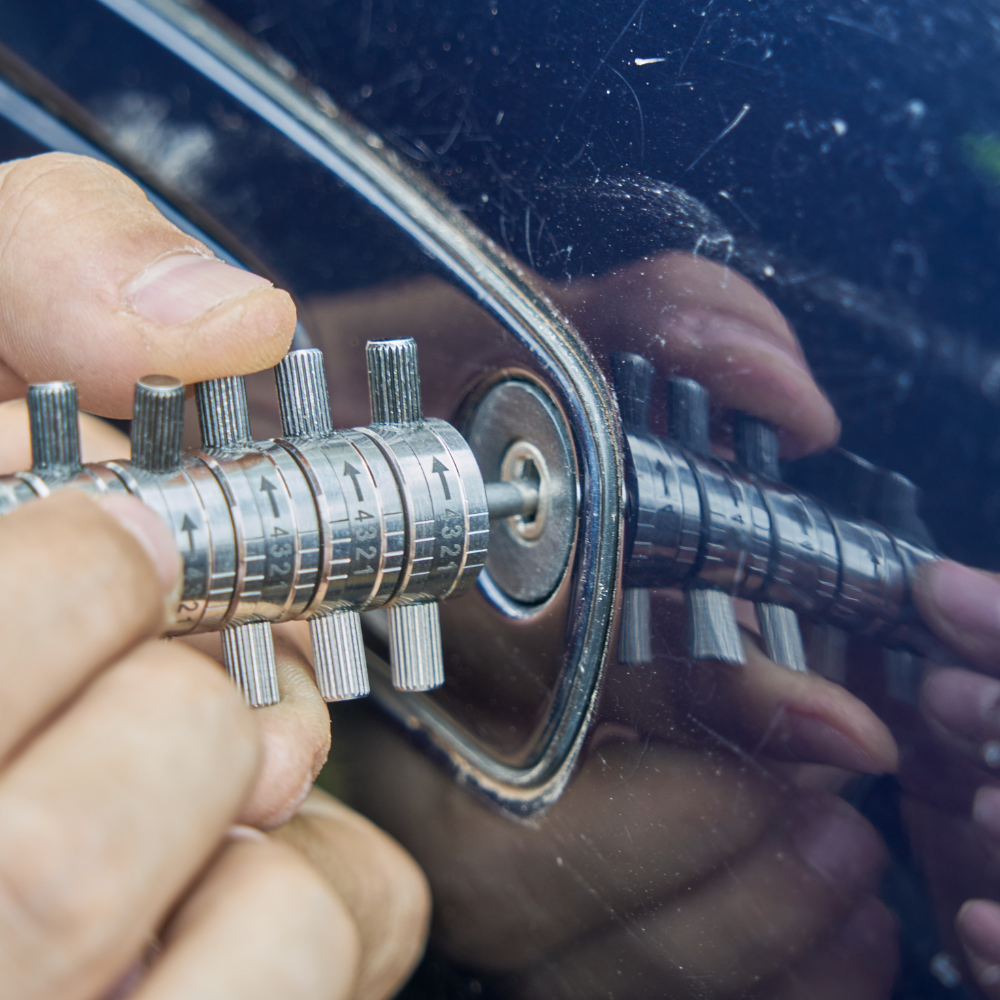When you’ve lost your car keys in the hustle and bustle of daily life, you’re faced with a decision: should you take the DIY route or call in a professional locksmith?
Both options have their pros and cons, and the right choice depends on your unique circumstances.
You’ll need to consider your budget, skills, and time constraints.
This article will take you through the advantages and drawbacks of both methods, providing you with the knowledge you need to make an informed decision that suits your situation best.
Let’s dive into the world of DIY versus professional car key replacement together.
Pros and Cons of DIY Key Replacement
Let’s delve into the advantages and disadvantages of replacing your car key replacement on your own.
Doing it yourself can save you a pretty penny. You won’t need to pay professional locksmith fees, which can be substantial, especially for modern keys with built-in electronics. Plus, you’ll have the satisfaction of solving the problem with your own two hands.
However, the process isn’t always straightforward. You’ll need specific tools and knowledge, especially for keys with transponders or chips. Making a mistake could damage your key or even your car’s ignition system.
Moreover, you may not have legal access to the necessary software or codes for some car models. So while DIY key replacement can be cost-effective, it’s also risky.
Evaluating Professional Locksmith Services
On the other hand, you might be considering the benefits of hiring a professional locksmith to replace your car key. This approach has its own set of advantages, making it a worthy option.
1. Expertise: Professional locksmiths are trained and experienced. They can handle various car key systems, even the most advanced ones. You’re assured of top-notch, reliable service.
2. Convenience: The locksmith comes to you. Whether you’re at home, work, or stranded roadside, they’ll arrive equipped to solve your key issue.
3. Security: Locksmiths are licensed and regulated. You’re entrusting your car’s security to a professional who’s accountable for their service.
Navigating the World of Transponder Key and Fob Replacements


